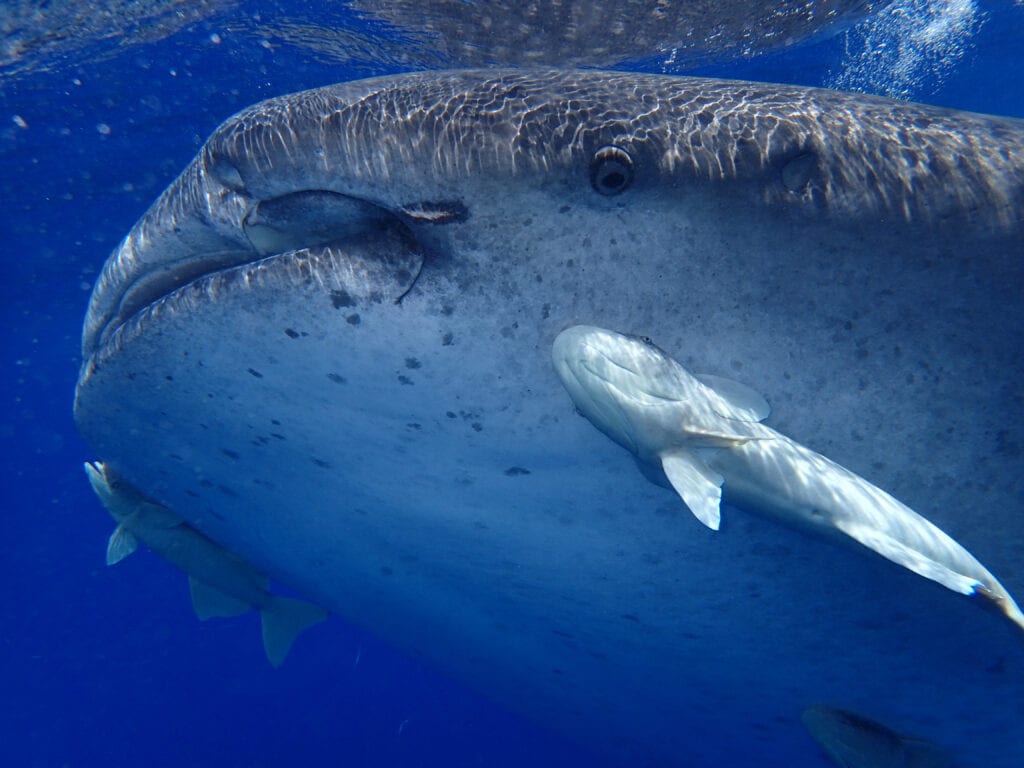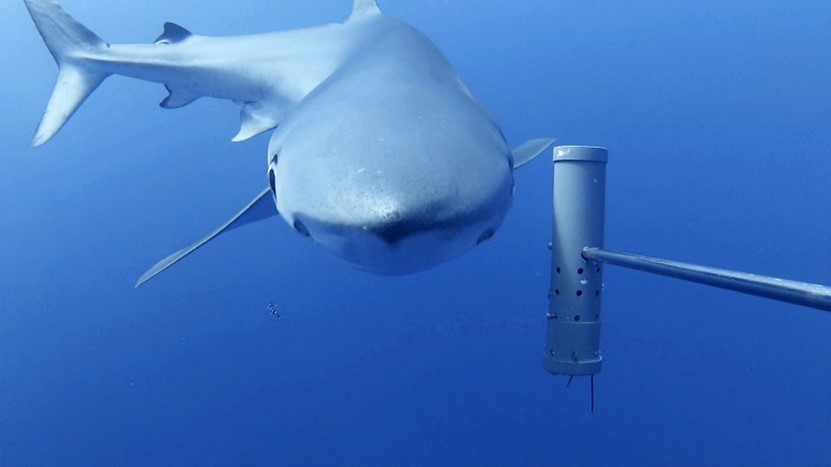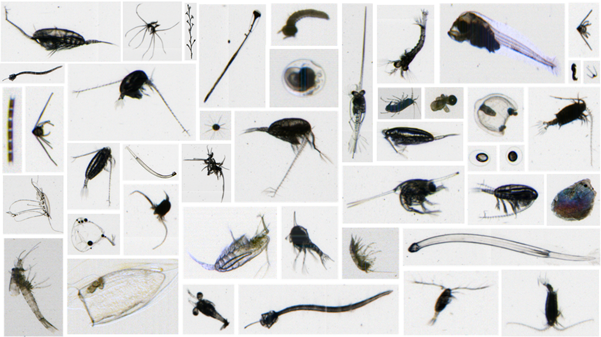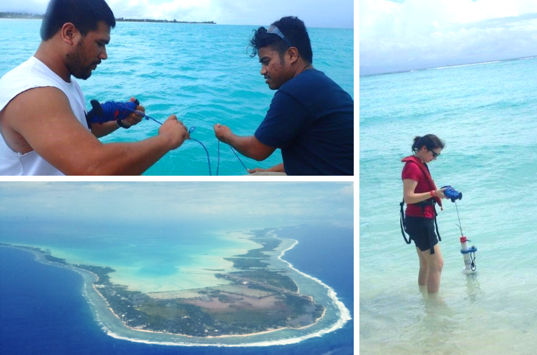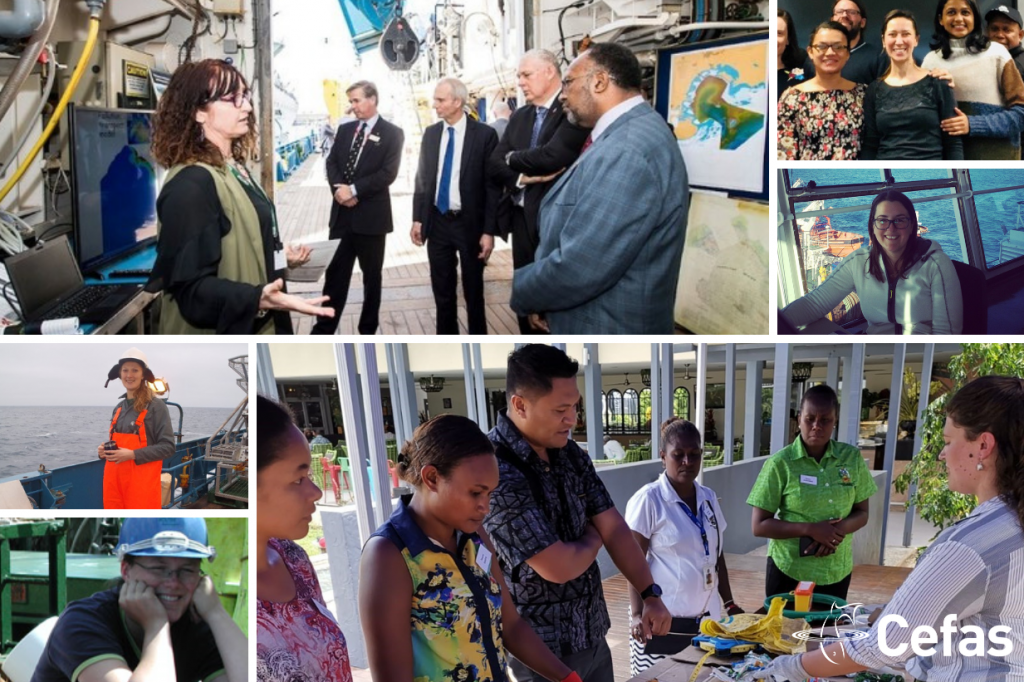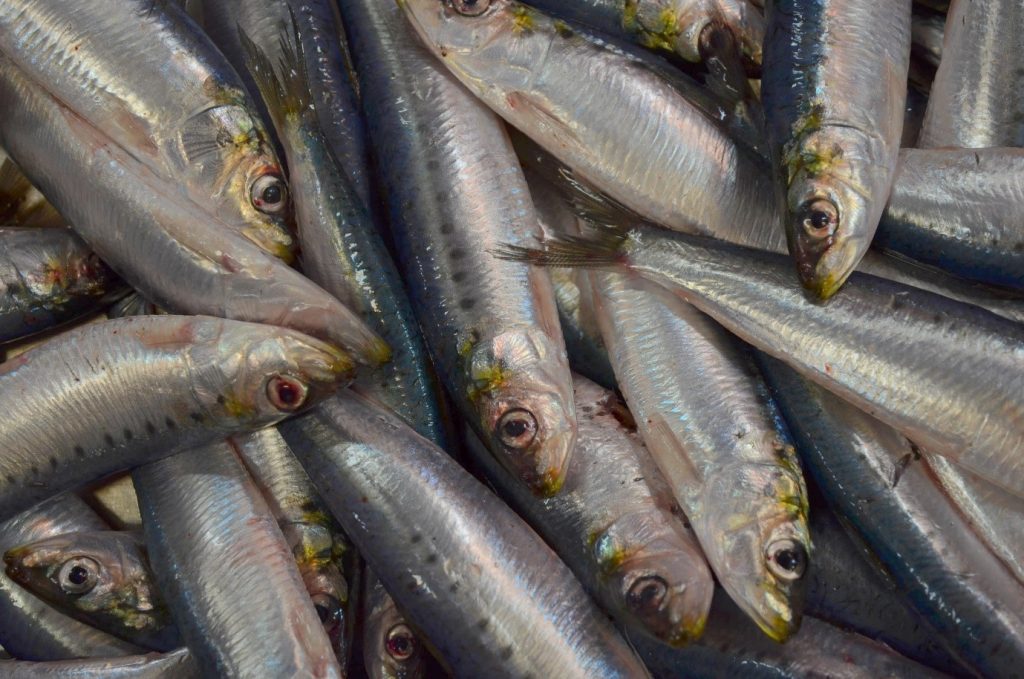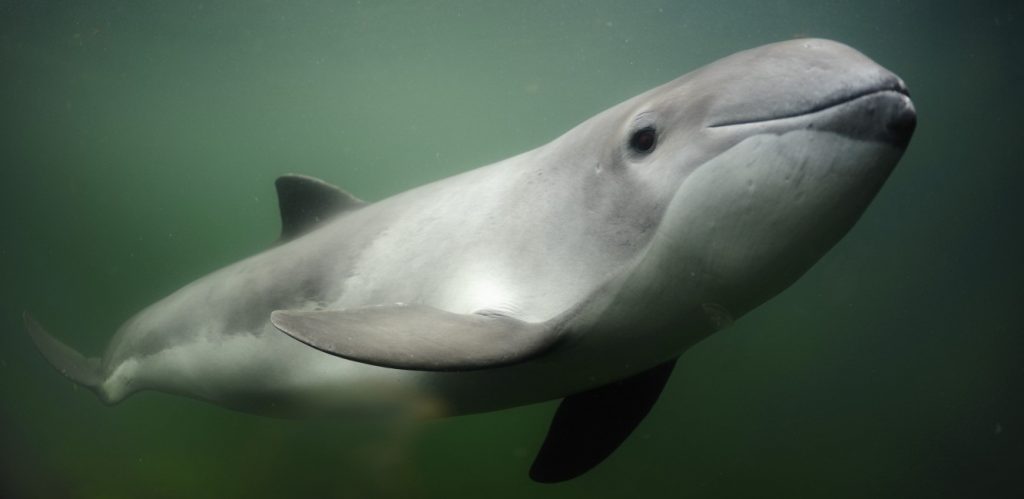Monitoring
St Helena is an oceanic island located in the tropical South Atlantic. Home to a fantastic array of marine biodiversity, it is one of the ten UK Overseas Territories that are part of the new Global Ocean Wildlife Analysis Network. …
Cefas project lead, Dr Paul Whomersley: The oceans are rich and wondrous, hosting diverse wildlife and incredible species beneath the surface. But at a time when ocean resilience and productivity are declining, it is more important than ever to look …
Microscopic plankton form the base of the marine food webs. Yet they are often the “forgotten” element in marine ecosystems despite having the critical role of supporting all other life. Cefas’ plankton scientists maintain long-term observational records of marine plankton alongside developing new technologies to improve monitoring of this key collection of organisms.
Marine Scientist Michelle Devlin, was one of three Cefas ecology experts sent, at the request of the Mauritian Government, to support the country’s response to a devastating oil spill, after MV Wakashio containing 4,000 tons of fuel ran aground and …
To protect the health of our seas and oceans, we need to understand the level and impact of human pressures, such as fisheries, contaminants and eutrophication.
More than 2 years after Henderson Island was found to have the 'world's highest’ recorded density of plastic rubbish scientists returned for another research expedition last June
A group of scientists visited Tarawa, Kiribati, to carry out a vital water quality survey
Today is international women’s day! In celebration of the annual event we’re learning more about some of the female scientists in Cefas.
This autumn, Jeroen van der Kooij and a team of scientists and crew from Cefas and other marine organisations are heading out to sea onboard RV Cefas Endeavour for the seventh annual PELTIC survey. In this blog, Jeroen explains what …
Cefas scientists have published a study which proposes a new methodology to manage the impact of underwater noise on marine life. The work, titled “Marine Noise Budgets in Practice” and published in the journal Conservation Letters, allows policy makers to …
